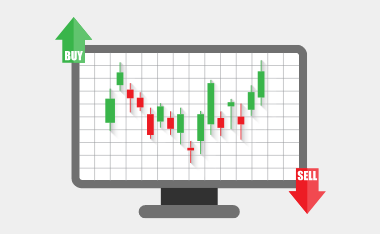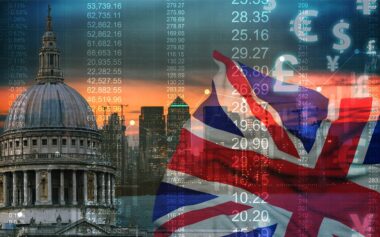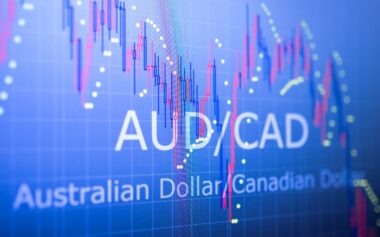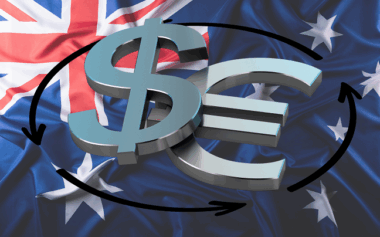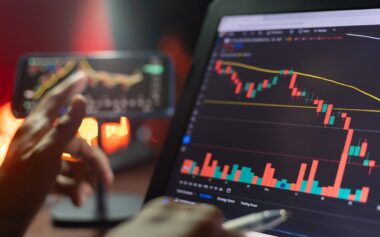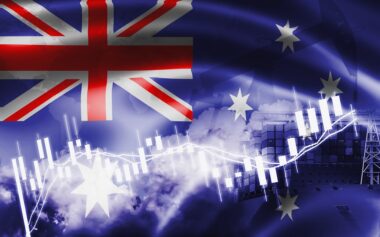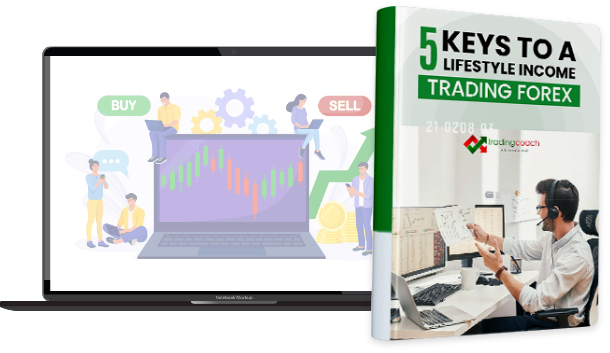Forex Market Basics for New Traders
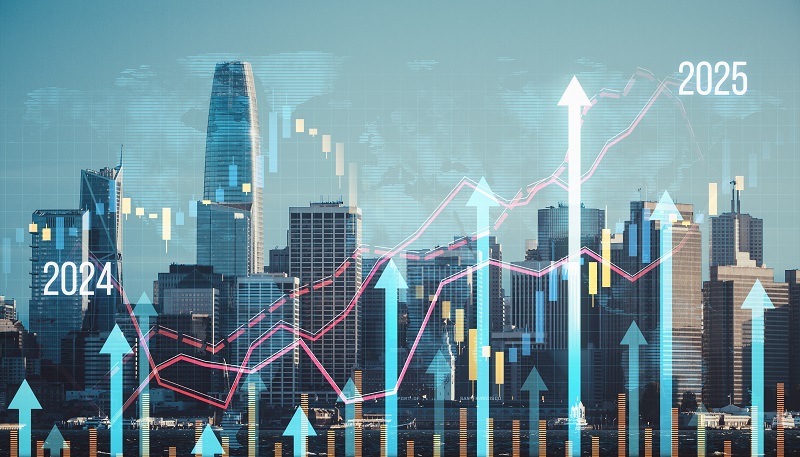
Forex trading is huge and easy to get into. If you’re new and want to learn, this guide will help.
It covers the forex market basics for new traders and will get you started on your journey.
What is Forex Trading?
Forex trading involves buying one currency and selling another.
You trade forex in pairs like AUD/USD or EUR/GBP. Unlike stocks, forex is about guessing which currency will be more valuable.
The forex market is the biggest in the world. It trades over $6 trillion daily.
This consistent regular movement means you can quickly buy and sell without significant price changes.
The market is open 24/7, five days a week. It has different sessions in Sydney, Tokyo, London, and New York. These sessions overlap, creating busy times for trading.
Forex attracts many people. From small traders to big banks, everyone is in.
It’s easy for most traders to start because you don’t need a large initial investment.
Forex is unique because, by using leverage, you can trade with less money.
Australian brokers automatically offer traders access to 30:1 leverage, letting you control more with less. But this also means you can lose more, so managing risk is the key to success.
How Does Forex Work?
Forex trading happens through banks, brokers, and traders worldwide. Unlike stock markets, it’s not on a central exchange. Instead, it’s over-the-counter (OTC).
Prices change for many reasons. Economic news, interest rates, and politics all play a part. For example, if Australia’s rates go up, the AUD/USD might go up in value, too.
The market is split into three main types:
- Spot Market: This is the most common market traded by traders. Currencies are exchanged at the current market price.
If you believe the price of the pair will rise, you pay the Buy Price to Enter a Trade and the Sell Price at the Exit time to Exit the Trade, settled in two days.
Conversely, if you believe the price of the pair will fall, you pay the Sell Price to Enter a Trade and the Buy Price at the Exit time to Exit the Trade.
- Forward Market: Here, you agree to buy or sell a currency at a future date at a set price.
- Futures Market: These are standard contracts to buy or sell currencies at a set price and date, traded on exchanges.
Traders use different ways to guess prices. Some look at charts and trends, while others study economic news.
Some even focus on Market Sentiment: How the people who drive the market feel about the strength or challenges found in the current market conditions.
Knowing how forex works and having a good plan can help new traders. It makes it easier to trade and lowers risks.
Key Terms to Know
- Currency Pairs: Every forex trade is between two currencies, for example, the AUD/USD.
- Pip: The smallest price change in forex, the fourth decimal place.
- Leverage: A tool that lets you trade big with small money.
- Spread: The difference between the price you can sell and buy a currency pair.
- Margin: The money needed to start a leveraged trade.
How to Get Started Trading Forex
Learn the Basics
First, learn how the forex market works. Investopedia is a great place to start.
Choose a Trading Platform
In Australia, ASIC is the government department that regulates forex trading.
Choose a broker with a platform like TradingView or MetaTrader 4. We have an article on factors to consider when choosing a broker HERE
Develop a Trading Strategy
Traders need a well thought out trading plan that is designed to help take you towards the results you want to achieve with your trading.
It should at least include:
Your Preferred currency pairs to trade
Risk management rules to preserve your capital
How to find and execute your trade entry and exit points
Start with a Demo Account
Most brokers offer demo accounts. They let you practice your method application and its results before you risk real money.
Manage Risk Effectively
Forex trading is risky. Capital preservation is the first goal of all successful traders. Focus on trades with high chances of success and protect your capital by using Profit Locks and Stop Losses.
Stay Updated on Market Trends
Price changes can happen due to economic events. Stay informed with financial news and learn technical analysis. Websites such as latestforexrates.com
Find a Support Team
Trading can be challenging. Having a support network is key. Join forums or mentorship programs to learn from others.
What are the Benefits of Trading Forex?
- Liquidity: High trading volume means quick entry and exit.
- Flexibility: The market is open 24/5, so you can trade when you want.
- Low Entry Cost: Many brokers have low deposit requirements and leverage options.
- Potential for Profit: With discipline, traders can make consistent returns.
Forex Challenges for New Traders
New traders face challenges that can affect their success. Some key difficulties include:
- Emotional Trading: Fear and greed can lead to impulsive decisions, like exiting too early or holding on too long.
- Over-Leveraging: Beginners often use too much leverage, which can quickly deplete their accounts without proper risk management.
- Lack of Discipline: Staying true to a trading plan can be challenging for many traders, especially with rapid market changes or when the trader has unresolved impatience.
- Inadequate Knowledge: Without years of understanding market analysis and trading principles, beginners struggle to make intelligent, informed, objective decisions. Focus on learning what you need to know to make smart trading decisions.
- Ignoring Risk Management: Proper risk control, like stop-loss orders and small capital risks, is crucial for success.
Knowing these challenges and working to overcome them can help new traders succeed.
Final Thoughts
Learning about the forex market is key to becoming a good trader. Knowing how it works and having a solid strategy helps you feel confident in the market.
For more details, check out our FAQs and explore LIFT Flex to improve your trading approach.
Disclaimer
The information in this article is for general knowledge. It is NOT financial advice, personal or general.
It doesn’t consider your goals, financial situation, or needs.
Past results don’t always predict future ones.
Results on our site, like this page, show ideas. They should not be seen as average results or promises of future success.
The Trading Coach International doesn’t have an Australian Financial Services Licence (AFSL). Our services don’t need one.
Always talk to your registered financial advisor before making any financial choices.


